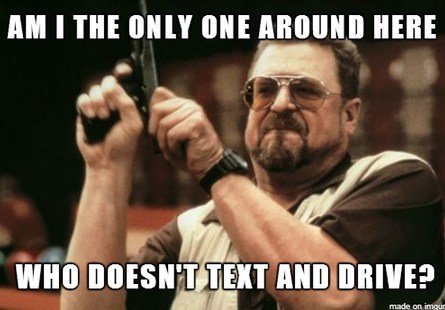
Duality of texting
Texting has always seemed to be in a weird spot when it comes to legitimacy. It’s not a skill you would list on a resume, and you’ve probably never used it in anything academic, official or overly creative in nature, though the question of its importance is an interesting one. It’s not really respected as a literary element, and yet it has impacted our way of communicating in a fundamental way.
Texting does seem to draw some degree of weight when used in a workplace environment (I’m leaving Twitter posting out of here on purpose, because there’s been many cases where celebrities grossly underestimated the importance of their tweet and got burnt for the effort), in the same manner an email is important, in that it leaves a traceable trail. Let’s generate two scenarios, one in which an official communication is conveyed verbally, and one via text.
Verbal:
Boss: I told you to come in early Wednesday. You were an hour late.
Worker: You never said anything. When did you tell me?
Boss: I don’t remember. I did tell you though.
Worker: When?
Boss: Forget about it.
Texting
Boss: Why were you late Wednesday?
Worker: I wasn’t.
Boss: Yes, you were. I texted you about coming in early.
Worker: No you didn’t.
Boss: *points at time stamp on text indicating the conversation including replies* Yes, I did.
So here’s a scenario where the legitimacy of the medium is put to the test. This same scenario could be reversed if someone were accused of slacking off by a superior and proof was required to show proper action was being taken. As a result of this, texting is given a heightened importance due to it being, in effect, a signed document. From a judicial standpoint, texting is being used more and more in legal precedents to either prove guilt or innocence, due to its reliability in establishing time, date, history and intentions. From a political standpoint, a bad text (or tweet) can quickly become the bane of your existence, even if misinterpreted or taken out of context.
Texting is looked down upon in terms of its legitimacy as compared to traditional writing, yet its usage in official function is becoming more and more commonplace, and socially we still seem to be working to grasp the change.

 Website:
Website: